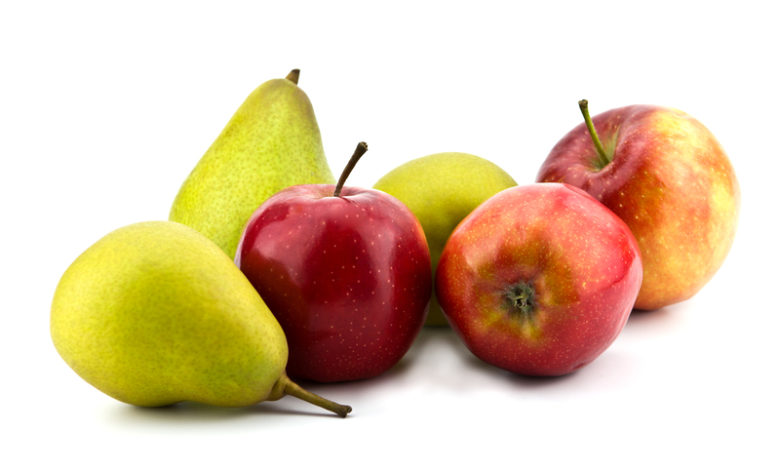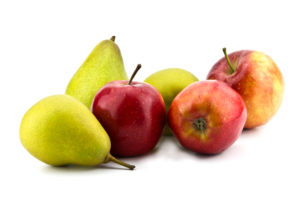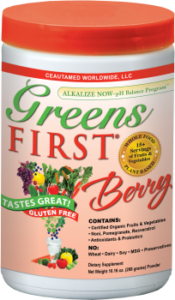
 Protecting the mind through use of the flavonoids found in fruits and teas was a study undertaken by Tufts University involving 2,800 people aged 50 and over.
Protecting the mind through use of the flavonoids found in fruits and teas was a study undertaken by Tufts University involving 2,800 people aged 50 and over.This study spanned twenty years and subjects were questioned at four year intervals to determine dietary intake and health factors. Interestingly, researchers observed that low intake of three flavonoid types was linked to higher risk of dementia when compared to the highest intake.
Some specific take-aways:
-
- Low intake of flavonols was associated with twice the risk of developing Alzheimer’s Disease.
- Low intake of anthocyanins (blueberries, strawberries, and red wine) was associated with a four-fold risk of developing Alzheimer’s Disease.
- Low intake of flavonoid polymers (apples, pears, and tea) was associated with twice the risk of developing Alzheimer’s Disease.The senior study team member admits: “Our study gives us a picture of how diet over time might be related to a person’s cognitive decline, as we were able to look at flavonoid intake over many years prior to participants’ dementia diagnoses.”
 And Pubmed seems to confirm this study. Since flavonoids are phytochemicals present in almost all plant life and consumed by humans, wouldn’t it be nice to find their relationship to avoiding and perhaps even treating dementia and Alzheimer’s disease, reversing age-related declines in neurocognitive performances and other neurodegenerative diseases?
And Pubmed seems to confirm this study. Since flavonoids are phytochemicals present in almost all plant life and consumed by humans, wouldn’t it be nice to find their relationship to avoiding and perhaps even treating dementia and Alzheimer’s disease, reversing age-related declines in neurocognitive performances and other neurodegenerative diseases?